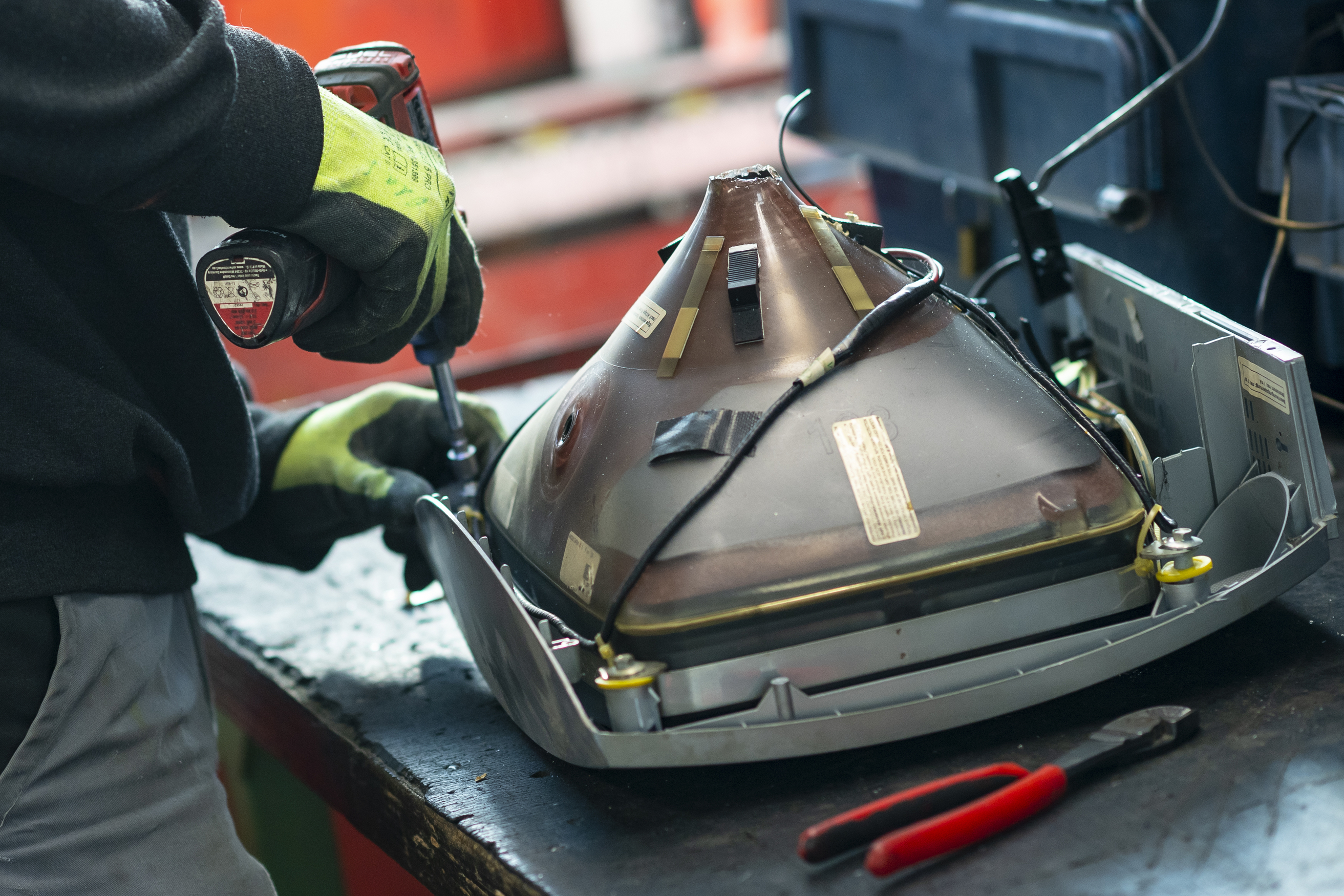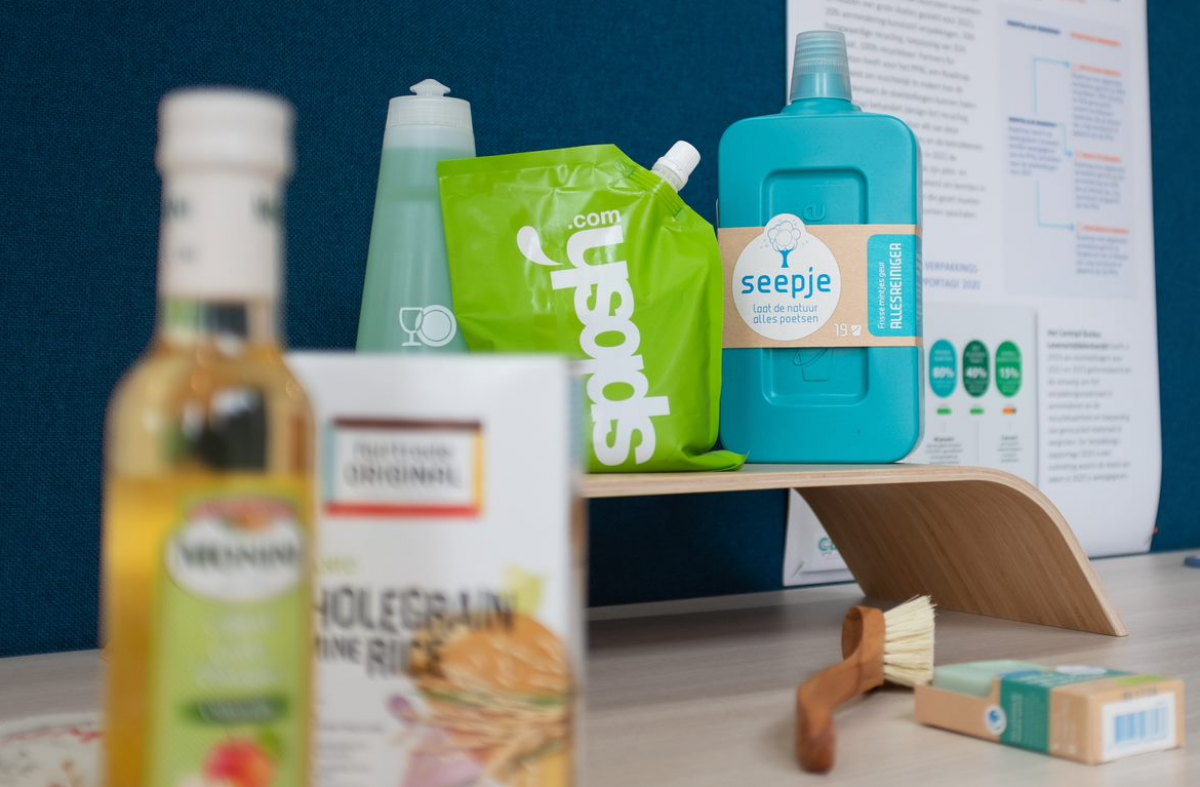European Parliament gives circular economy a boost

Photo: © European Union 2024 - Source : EP
It was a great week for everyone who is moving toward a future-proof, circular economy. The European Parliament dealt with three important bills that directly impact businesses and designers. And with success, because after the Council, the Parliament also voted in favor. In this article we zoom in on the 3 proposals and provide tools to become even more at home with these topics.
1. Ecodesign for sustainable products
What is it. This law aims to make sustainable products the norm in Europe. These are new minimum sustainability and circularity requirements for products placed on the European market. It is about making almost all products more durable, reliable, reusable, repairable, easier to maintain, recyclable as well as more energy and resource efficient. The new legislation goes far beyond the current directives that are mainly limited to energy consumption of products.
Next step? The regulation is almost ready for publication in the EU Official Journal and accompanying entry into force 20 days after publication. Only the 27 EU member states still need to approve the law in a vote (date not yet known).
Delve further?
- Online Information Session European Commission
- Article: EU regulation Ecodesign for Sustainable Products makes sustainable products the norm
2. Guideline for promoting right to repair

© European Union 2024 - Source : EP
What is it? One of its key provisions is that manufacturers are required to repair products at a reasonable price and within a reasonable time, even after the legal warranty period has expired. Another crucial step is ensuring consumers have access to spare parts, tools and repair information. This encourages consumers to make minor repairs themselves or have them done by a professional, reducing the need for early replacement. To further encourage repairing, several incentives are being introduced, such as repair vouchers and funds.
Next step? EU member states have yet to formally adopt the directive in a vote. After publication in the EU Official Journal, EU member states have 24 months to transpose it into national law.
Delve further?
- Article and webinar Design for Dissassembly
- Article: "It's time for a 'right to repair' even in the installation sector"
3. Regulation to reduce, reuse and recycle packaging
What it is. These are new measures for more sustainable packaging and less packaging waste in the EU. The rules set targets for packaging reduction. For example, the amount of packaging must be reduced by 5% by 2030, 10% by 2035 and 15% by 2040. In particular, EU countries must reduce the amount of plastic packaging waste. To combat unnecessary packaging, it is stipulated that no more than half of collection, shipping and e-commerce packaging should be empty. It also requires manufacturers and importers to ensure that the weight and volume of packaging is kept to a minimum. In addition, certain types of disposable plastic packaging will be banned from Jan. 1, 2030. These include packaging for unprocessed fresh fruits and vegetables, packaging for food and beverages that are filled and used in cafes and restaurants, and very light plastic carrier bags.
Next step? The European Council must still formally approve the agreement before the regulation can take direct effect.
Delve further?
- Online training Sustainable Packaging in a Circular Economy
- KIDV calculation tool Reusable packaging
